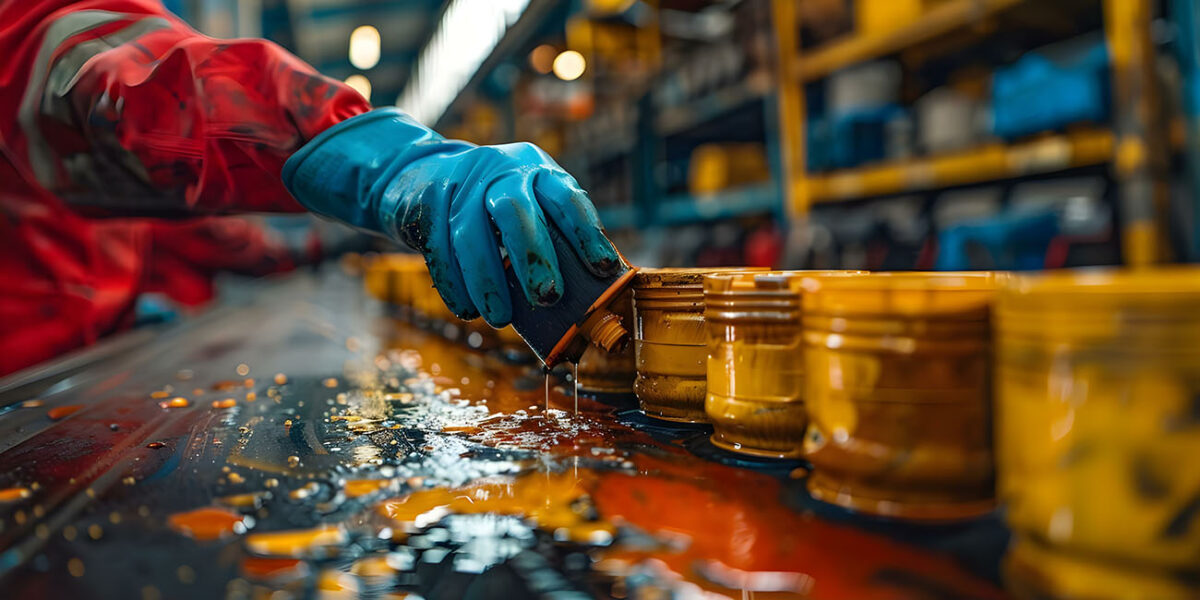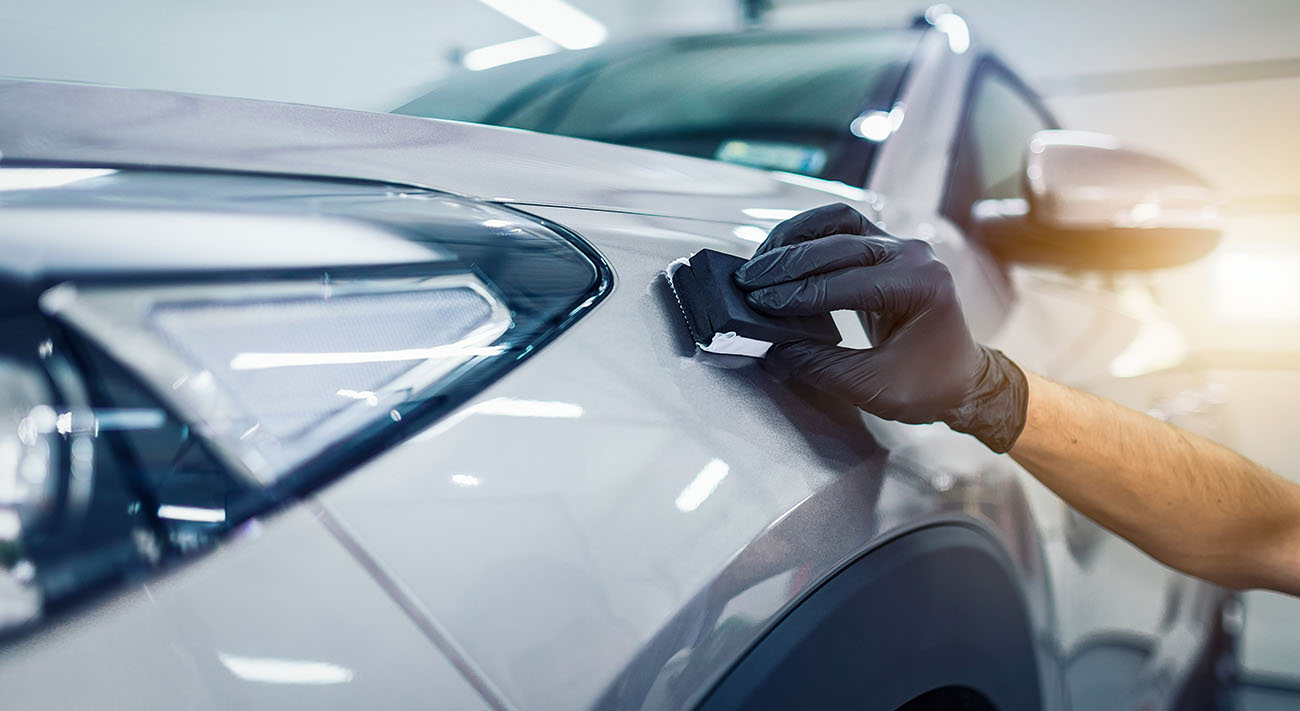Advances in Sustainable Polymer-Based Anticorrosive Coatings

Sustainable polymer-based anticorrosive coatings offer technical, economic, and environmental advantages. Continuous advancements in this technology aim to overcome current challenges.
Metal corrosion poses a significant challenge, leading to economic losses that reach 5% of the United States’ GNP. Polymer coatings have become a key solution to address this issue. Environmental regulations and the rising demand for sustainable products have driven notable progress in developing coatings that reduce ecological impact. This article explores recent advances in sustainable polymer-based anticorrosive coatings and the challenges ahead.
You can also read: Innovative Hydrogel Coatings for Medical Catheters.
Vegetable Oil-Based Polymer Coatings
Vegetable oils are a promising resource for creating sustainable polymers and anti-corrosive coatings. Each type of polymer-based coating has seen significant performance improvements:
- Alkyds: New water-based formulations successfully reduced volatile organic compound (VOC) emissions. Incorporating graphene oxide (RGO) also improved adhesion, thermal stability, and corrosion resistance, resulting in a more durable product.
- Polyester-amides (PEAMs): Researchers enhanced these resins by adding nanofillers like TiO2 and RGO. They increased their thermal stability, mechanical strength, and anticorrosive properties. This advancement makes them suitable for various industrial applications.
- Polyurethanes (PU): Derived from vegetable polyols, PUs have remarkably improved impact resistance and flexibility. Nanofillers have further optimized their anticorrosive properties and mechanical performance, extending their lifecycle.
- Polyether-amides (PEAs): Recent innovations include urethane fillers that boost chemical resistance and anticorrosive capabilities. This makes them ideal for protective coatings in harsh environments.
- Epoxies: Vegetable oil-based epoxies now exhibit stronger anticorrosive performance. Researchers utilize epoxidation to introduce oxirane rings, reducing the environmental impact of these coatings while enhancing their barrier properties.

Since coatings must endure extreme environments over time, polymer-based anticorrosive coatings present a significant advancement in the fight against metal corrosion.
Sugar and Amino Acid-Based Coatings
Another promising alternative for sustainable anticorrosive coatings involves polymers made from sugars and amino acids.
- Amino Acid Sol-Gel Coatings: Arginine, cysteine, and alanine act as green inhibitors, significantly improving corrosion resistance in magnesium alloys.
- Gum Extracts: Epoxy coatings containing Lupinus arboreus extracts provide excellent corrosion resistance and self-healing properties.
These advancements highlight the potential of sustainable materials in corrosion protection and their capacity to address industry demands.
Challenges of Polymer-Based Coatings
While sustainable polymer-based anticorrosive coatings have demonstrated significant progress, challenges remain. Incorporating nanofillers has markedly improved their mechanical and anticorrosive properties. However, achieving the right balance between performance and sustainability remains difficult.
Durability is another key concern, as coatings must endure harsh environments for extended periods. Future research will focus on developing coatings that can withstand extreme conditions while maintaining their protective capabilities.
Overall, the recent advancements in sustainable polymer-based anticorrosive coatings represent a promising step forward in addressing metal corrosion. As researchers continue to innovate and tackle the challenges of performance and durability, these coatings could play an essential role. They will protect valuable infrastructure and reduce economic losses associated with corrosion.
To read more about this topic, click here.
